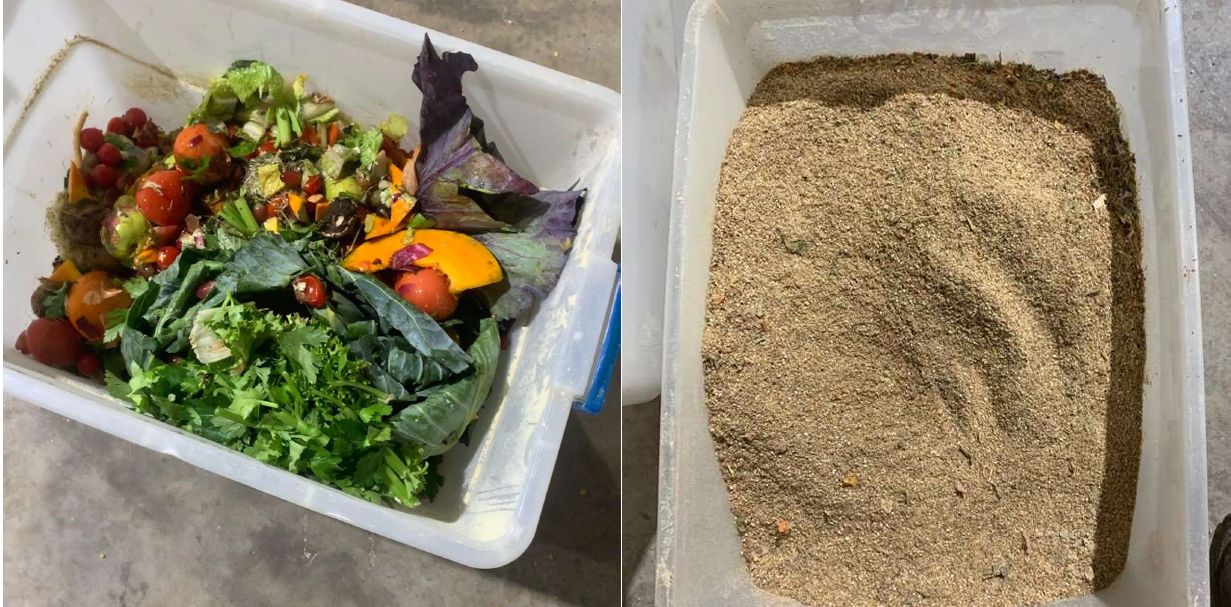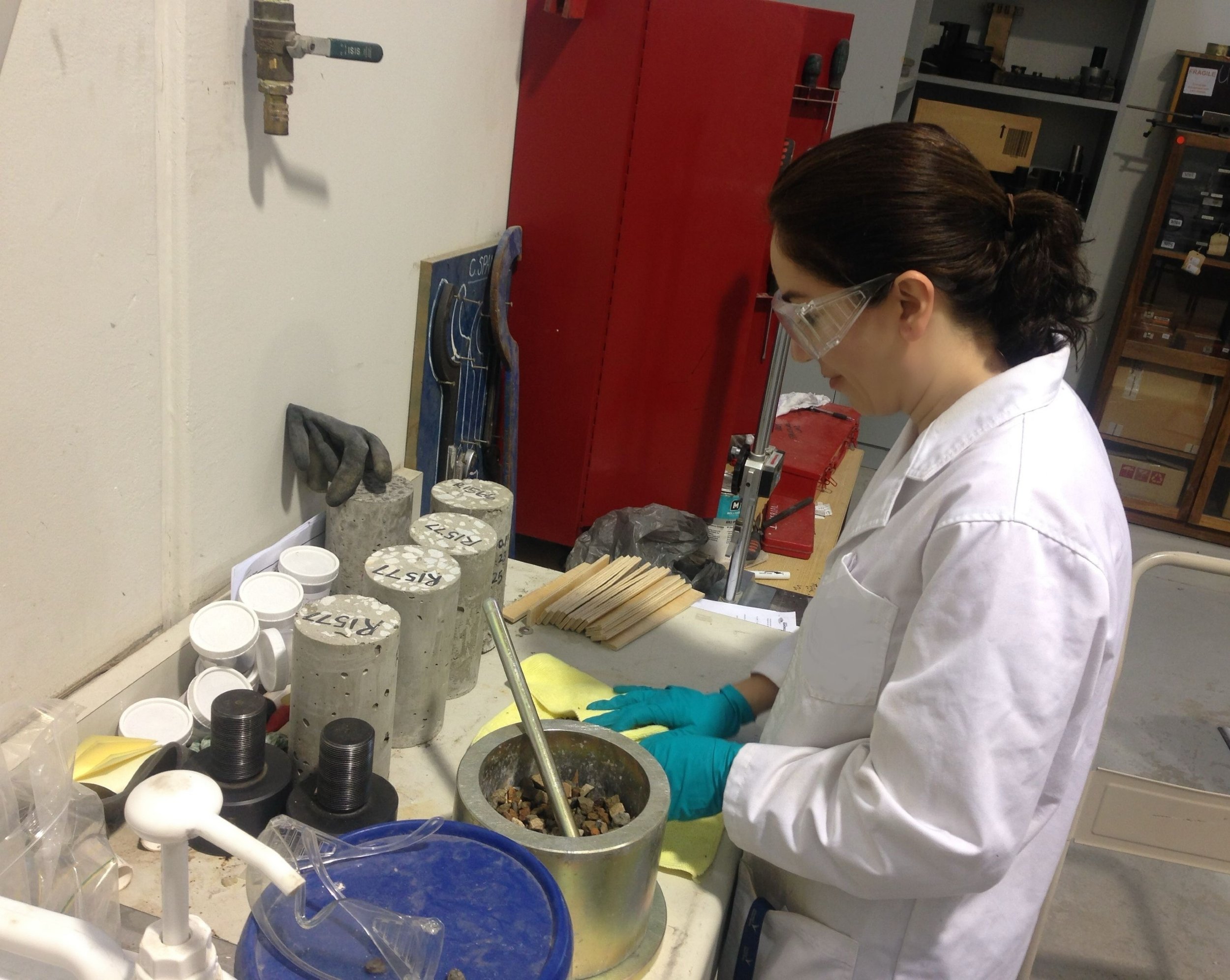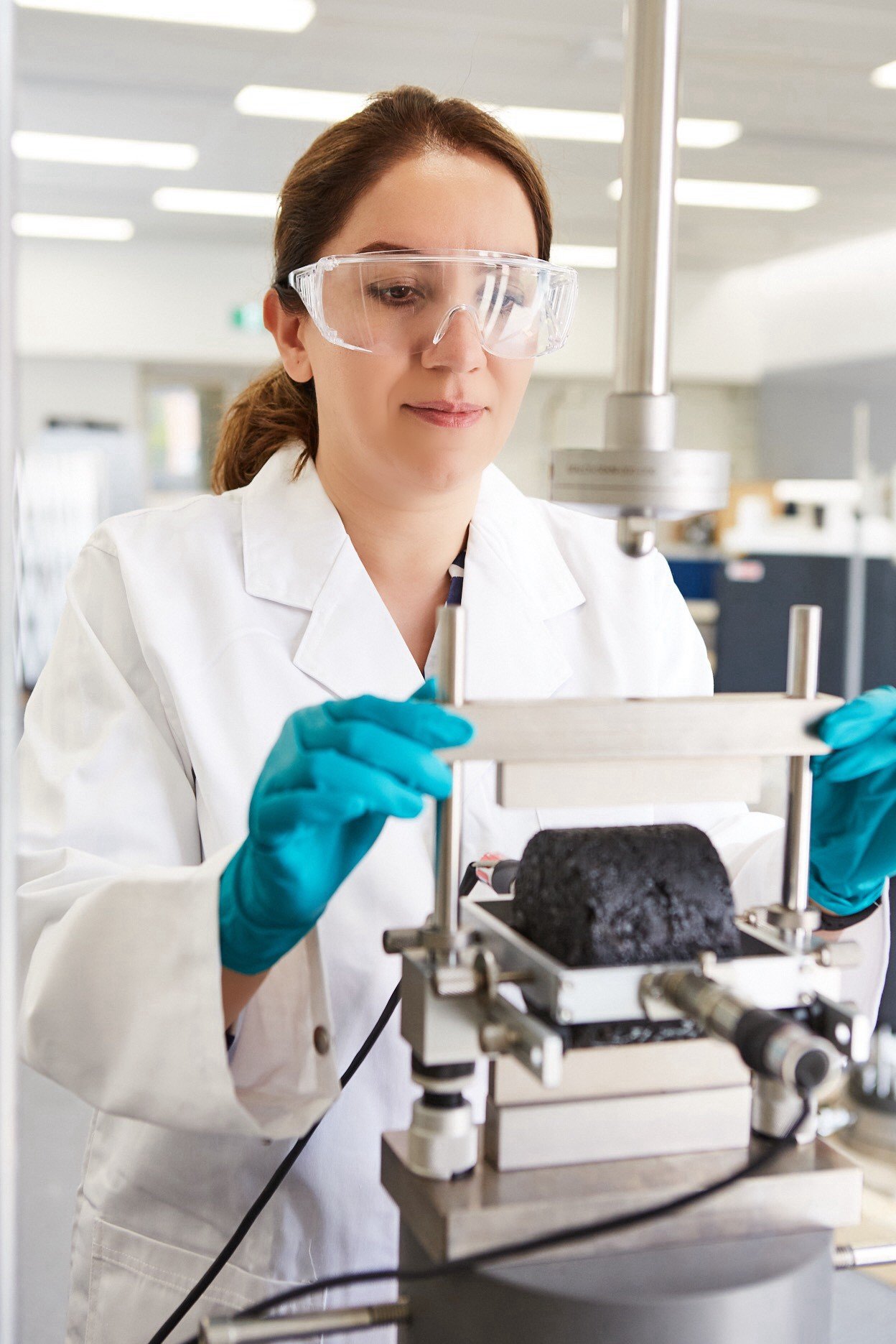Traditional disposal methods for used tyres, like landfilling, have major environmental impacts. JMJ Tyre Recycling in Mackay, with a state-of-the-art tyre shredder, is partnering with CQU researchers to find a sustainable solution. The project aims to develop a circular business model by replacing conventional brick materials such as clay and sand with recycled crumb rubber. This innovation reduces resource extraction and production impacts. At the end of their lifecycle, the bricks can be recycled, replacing natural aggregates in civil construction and closing the loop. This approach not only reduces environmental harm but also fosters economic growth by creating a local market for recycled materials and green jobs.
Contact Information:
Dr Jay Sul – Lecturer in Mechanical Engineering | School of Engineering and Technology
CQUniversity Australia, Building 24, Boundary Road, Mackay QLD 4740
+61 7 4940 7557

















